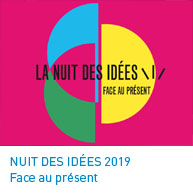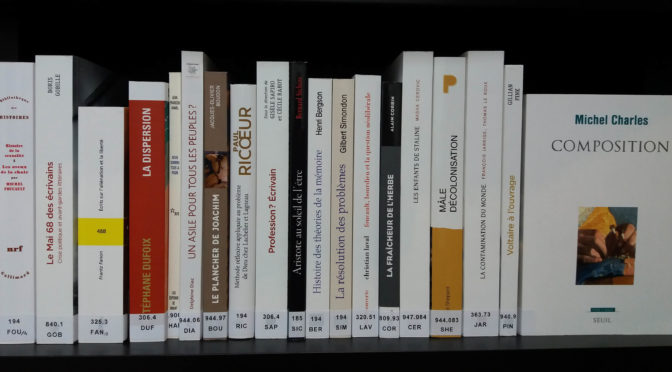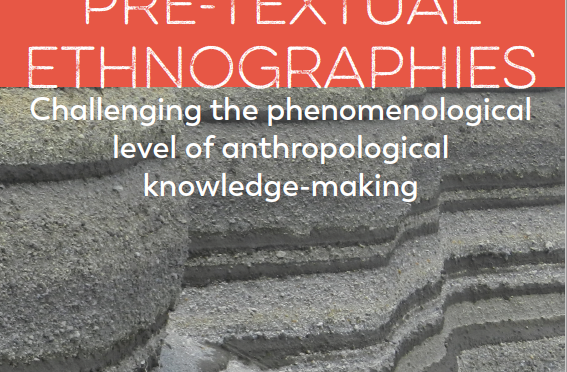Gellner Seminar
Daniel Fisher (UC Berkeley) will give a lecture within the Gellner seminar organized by the Czech Association for Social Anthropology (CASA– Česká Asociace pro Sociální Antropologii), the Czech Society of Sociology, in cooperation with the Institute of Ethnology of the Czech Academy of Sciences and CEFRES.
When: 5th February 2019, at 4:30 pm
Where: CEFRES Library (Na Florenci 3, Prague 1)
Language: English
Abstract
Spun Dry: Mobility, Morbidity, and Jurisdiction in Northern Australia
This paper pursues an ethnographic account of intra-Indigenous relations and jurisdictional contest in urban northern Australia. Its narrative explores the relationship between Aboriginal community policing and emergent forms and figures of urban mobility and morbidity in Darwin, capital of Australia’s Northern Territory. While Darwin’s Indigenous patrols have no police powers, they do have some authority and status vested in them by the traditional owners of the country on which they patrol. Their Aboriginal-directed efforts thus entail both an assertion of Indigenous jurisdiction, and an accompanying reflexivity about the substance and limits of its reach — limits informed by settler colonial oversight, by the diversity of Indigenous claims to urban space, and by poetic figures and mediatized narratives that trope the volatility of Aboriginal dispersal and displacement. The paper explores the ways patrols negotiate their authority and reckon its limits, extending a local poetics jurisdiction and movement to illuminate the new urban worlds they traverse. This provides ground for considering the mobility and multiplicity of law and the distribution of sovereign power at the margins of the settler colony.
Daniel Fisher is associate professor of anthropology at UC Berkeley. He is author of The Voice and its Doubles (Duke, 2016) and co-editor of Radio Fields: Anthropology and Wireless Sound in the 21stCentury (NYU, 2012). His work has appeared in American Ethnologist,Cultural Anthropology and collections including Aural Cultures and Keywords in Sound. He is currently completing a monograph on new Indigenous urban worlds in Australia’s Northern Territory, while pursuing a second project on the political life of Aboriginal musical celebrity.




